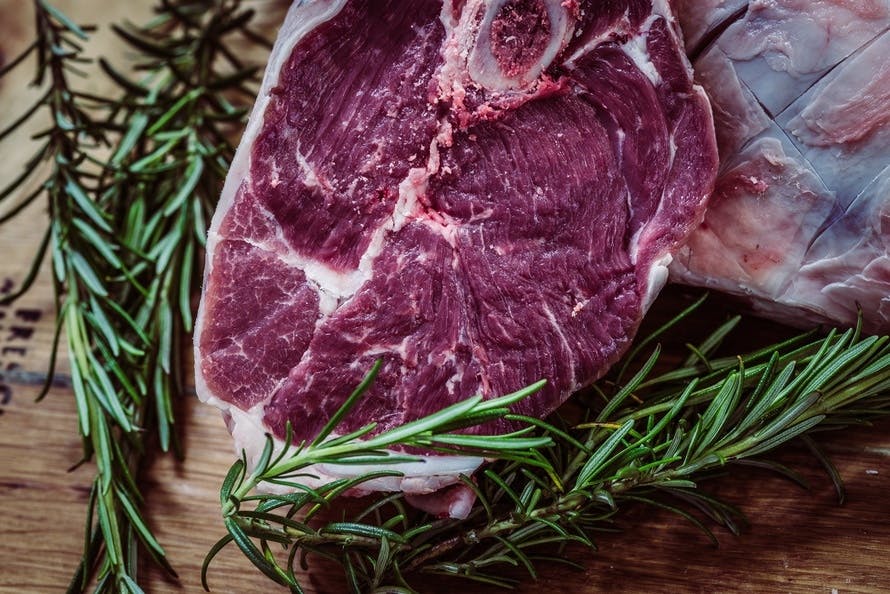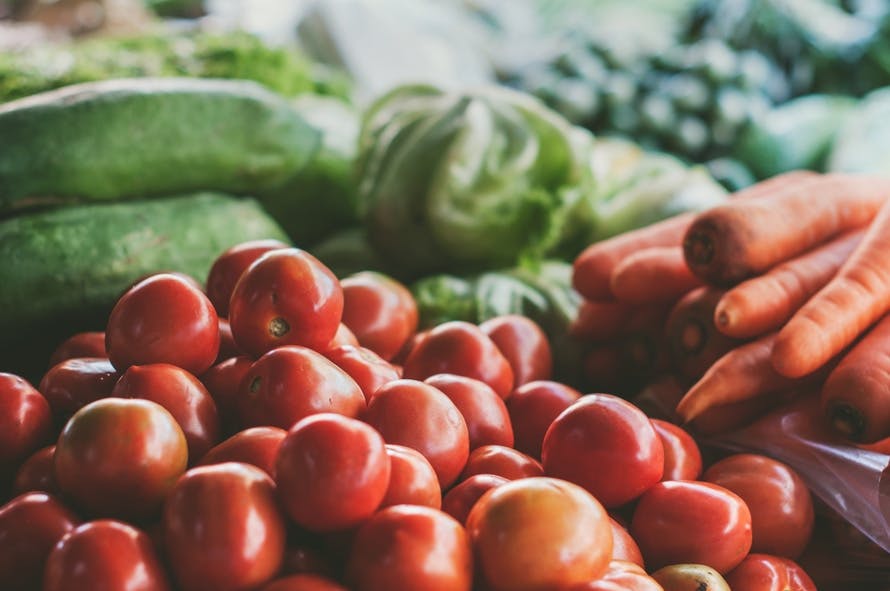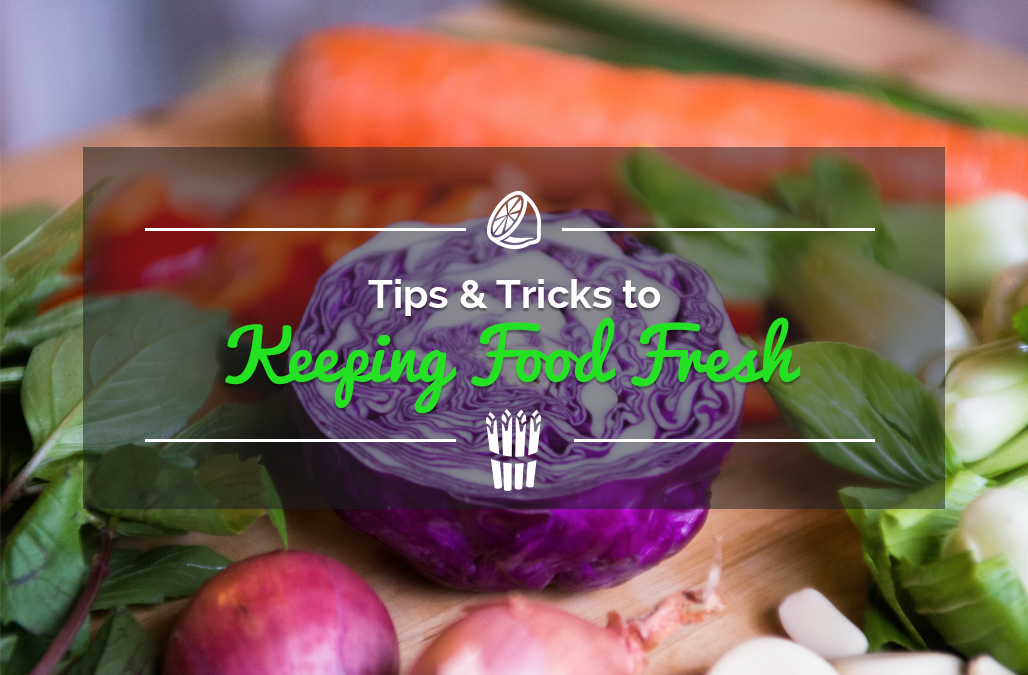No one likes letting food go to waste, but finding time to plan meals or go to the store every day isn’t always an option. These tips and tricks will help keep your food fresh so it lasts longer.
Prevent Spoilage

Start with your refrigerator and learn which compartments are ideal for various foods. Store meats and fish in the lower shelves of the refrigerator where it is typically the coolest. Don’t overcrowd your fridge because cool air needs room to circulate.
Keep your fridge temperature below 5 degrees Celsius or 41 degrees Fahrenheit. To monitor your fridge’s temperature, install a thermometer and be sure to check it often. During the summer and warmer months, adjust your fridge’s temperature to cope with the changing external environment. It’s also important to keep in mind that opening the refrigerator frequently during warmer months also let’s cool air escape; this can make it difficult to keep fridge contents at a proper temperature.
Always store perishables in the fridge as well as fresh items such as fruit, veggies, and meat that you know you won’t use right away. The best way to prevent spoilage is to buy only what you’ll need, and throw away the food that is already spoiling.
Store Foods in the Right Place

To keep your food fresh, it is important to know which foods to store where. Apples should be kept away from other produce since they emit natural ethylene gas at a faster rate than most other produce, and thus can increase the ripening process of other produce. Because bananas also release gas to ripen themselves, a helpful trick is to wrap the crown of the banana in plastic wrap to slow the ripening process.
Potatoes, garlic, onions, and tomatoes shouldn’t be stored in the fridge. Store potatoes, garlic and onions in ventilated drawers or a cupboard. Tomatoes should be stored upside down on a flat surface and in a cool area.
Plan and Reuse

There are plenty of habits you can develop to prevent your food from spoiling, including planning meals and developing habits for proper storage.
As soon as you bring produce home, keep your food fresh longer by cutting and prepping your food right away, making it more convenient for you to use what you bought. Plan meals in order of what needs to be used up first.
Another great way to avoid waste is to reuse food that is about to go bad. For example, you can turn cucumbers that are turning soft into pickles by storing them in a jar of water and vinegar with spices. You can also roast tomatoes that are about to go bad and store them in a jar of olive oil.
There are also many vegetables that can be planted such as celery, lettuce, and basil. Put celery stalks, already cut lettuce heads, or scallions in water for a few weeks to let them regrow new leafs, then plant them in the ground and in a month or so, you’ll have a whole new plant!
Keeping food fresh can be tough, especially if you have a busy schedule, but stick to these tricks and develop better habits and you can’t go wrong!

